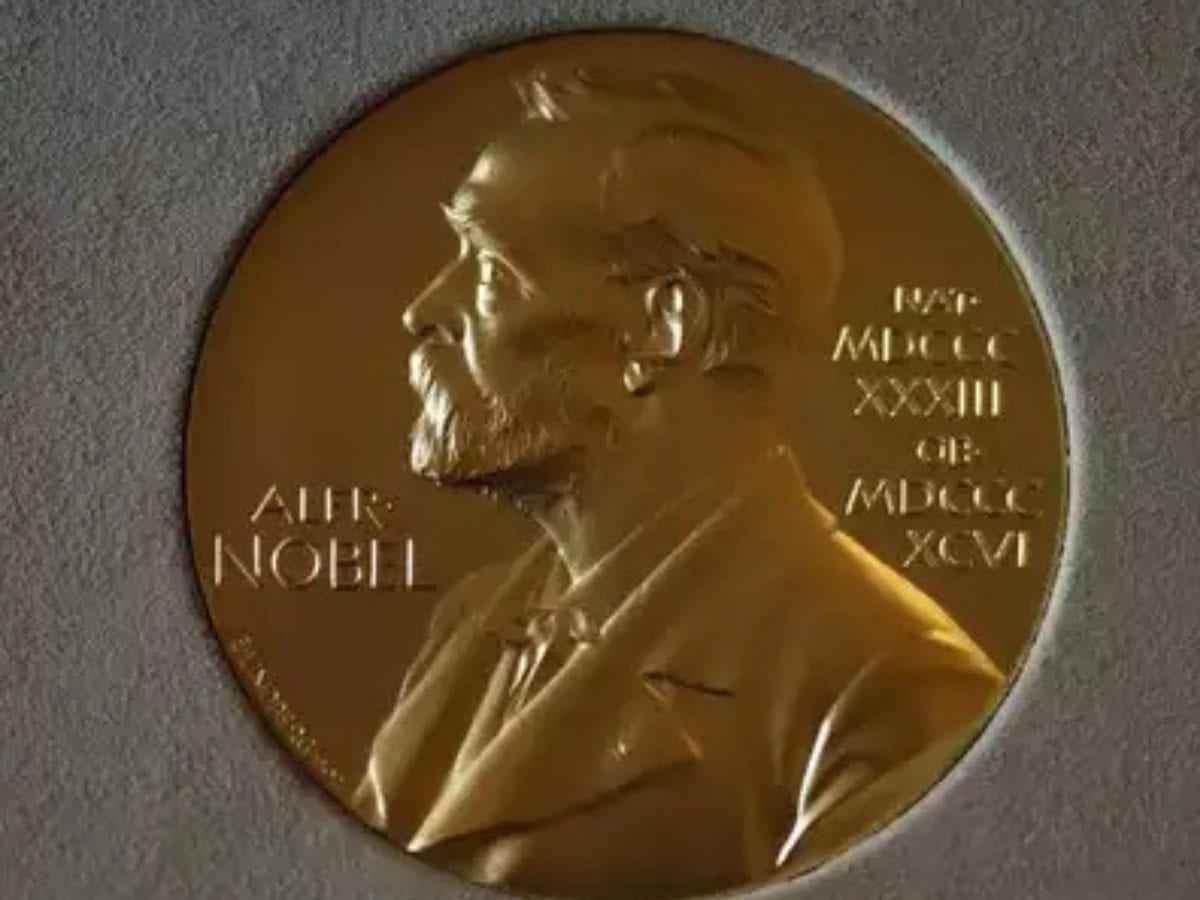
The Nobel Prize 2024 announcements began on Monday, October 7, highlighting groundbreaking contributions to humanity. The prestigious awards, which include a medal, diploma, and a cash prize of $1.1 million, were established by Alfred Nobel to honour exceptional work across various fields.
The Nobel Prize in Physiology or Medicine was awarded to American scientists Victor Ambros and Gary Ruvkun for their discovery of microRNAs.
These small molecules are essential for gene regulation and have paved the way for innovative research in understanding and treating diseases such as cancer and heart disease. Their research, which began in the 1990s using roundworms, revealed that microRNAs bind to messenger RNA and influence protein production, thus playing a vital role in cellular functions.
The Nobel Committee described their work as “fundamental for all physiology.”
In the field of Physics, the Nobel Prize was awarded to John J Hopfield of the United States and Geoffrey E Hinton, a British-Canadian scientist, for their use of statistical physics in developing artificial neural networks. Their work laid the foundation for machine learning, with widespread applications in artificial intelligence.
Nobel Committee chair Ellen Moons noted that neural networks are crucial in various fields, from particle physics to facial recognition, while also emphasizing the ethical responsibility of using this technology for humanity’s benefit.
The recipients of the Nobel Prizes 2024 in Chemistry, Literature, Peace, and Economic Sciences will be announced over the coming days.
The Nobel Prize in Chemistry will be revealed on October 9, followed by the Literature Prize on October 10. The highly anticipated Peace Prize will be announced on October 11, and the Prize in Economic Sciences will be announced on October 14.
Brief history of the Nobel Prize
Alfred Nobel, an inventor, entrepreneur, scientist, and businessman, was also a poet and playwright. His diverse passions are reflected in the prize he founded, which he laid the groundwork for in 1895 through his final will, dedicating much of his wealth to its creation.
Since 1901, the Nobel Prize has recognized individuals from around the globe for exceptional contributions to physics, chemistry, physiology or medicine, literature, and efforts toward peace.



